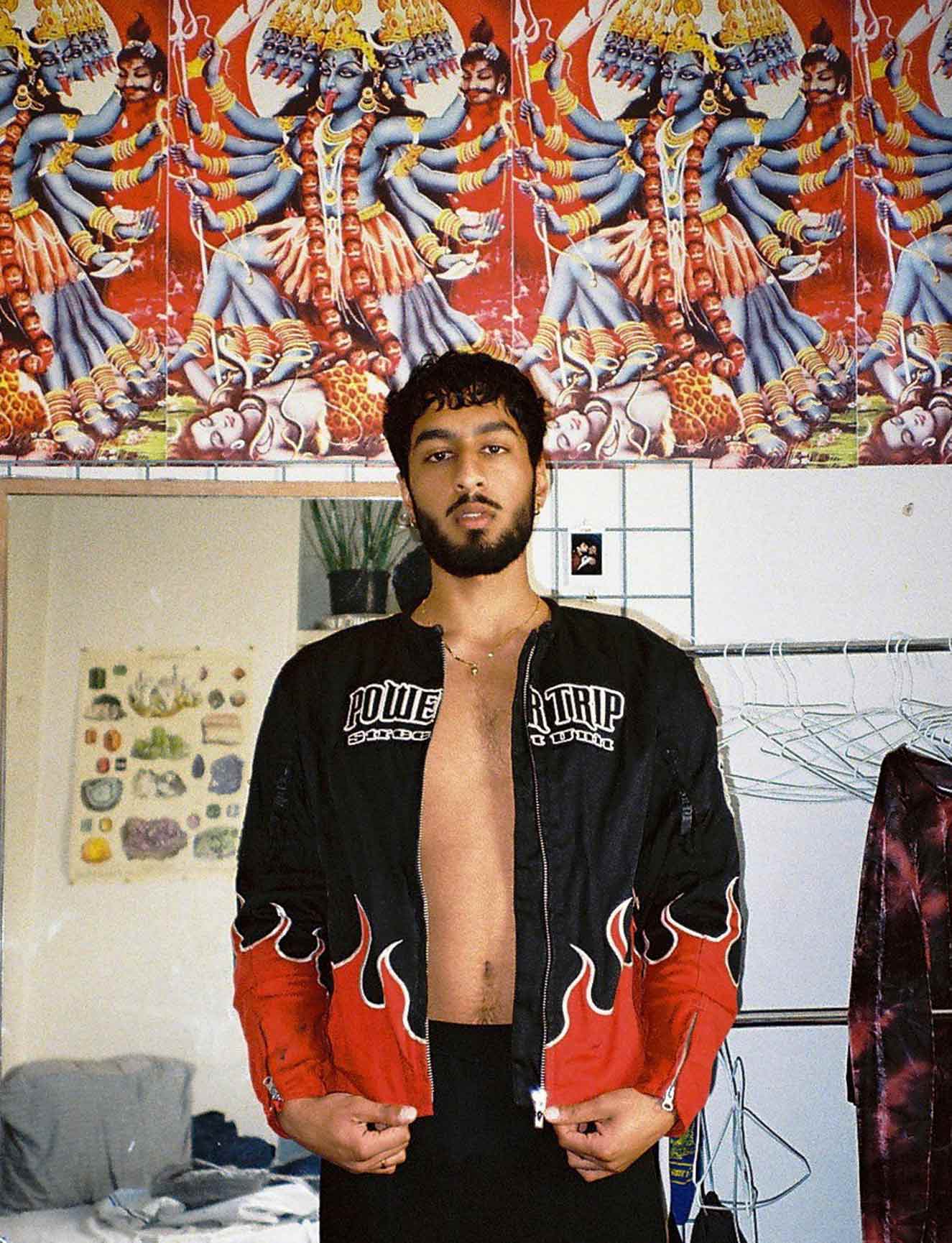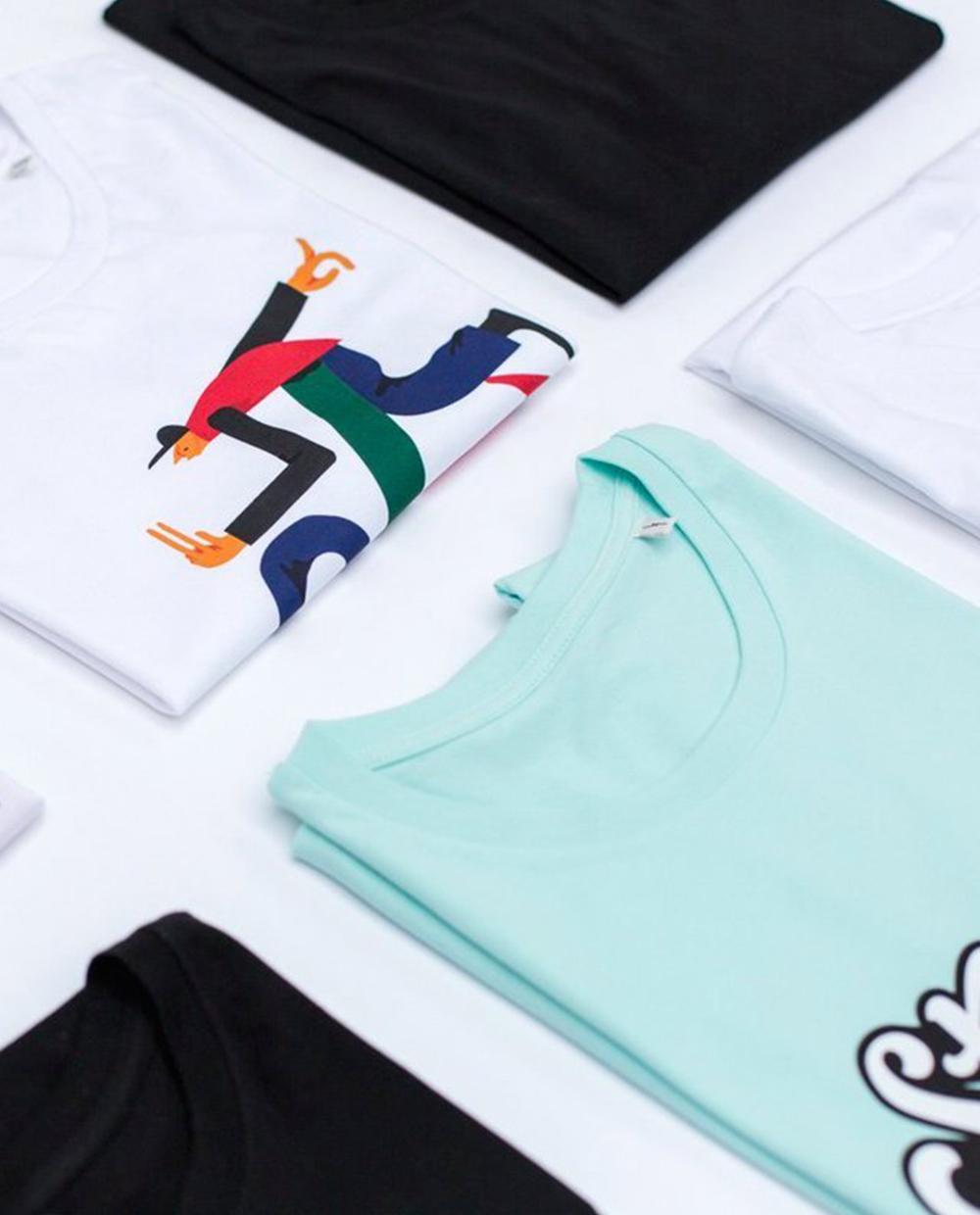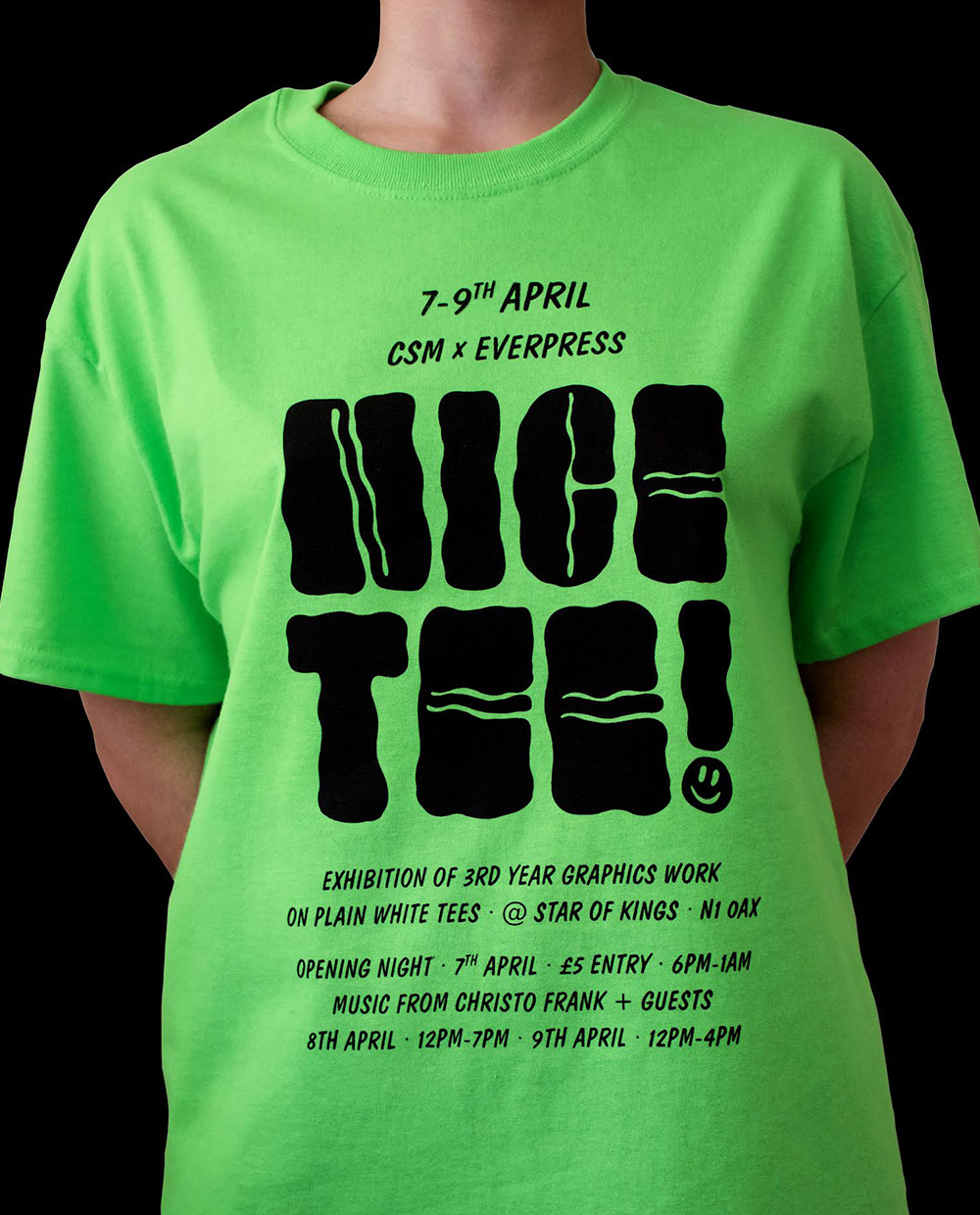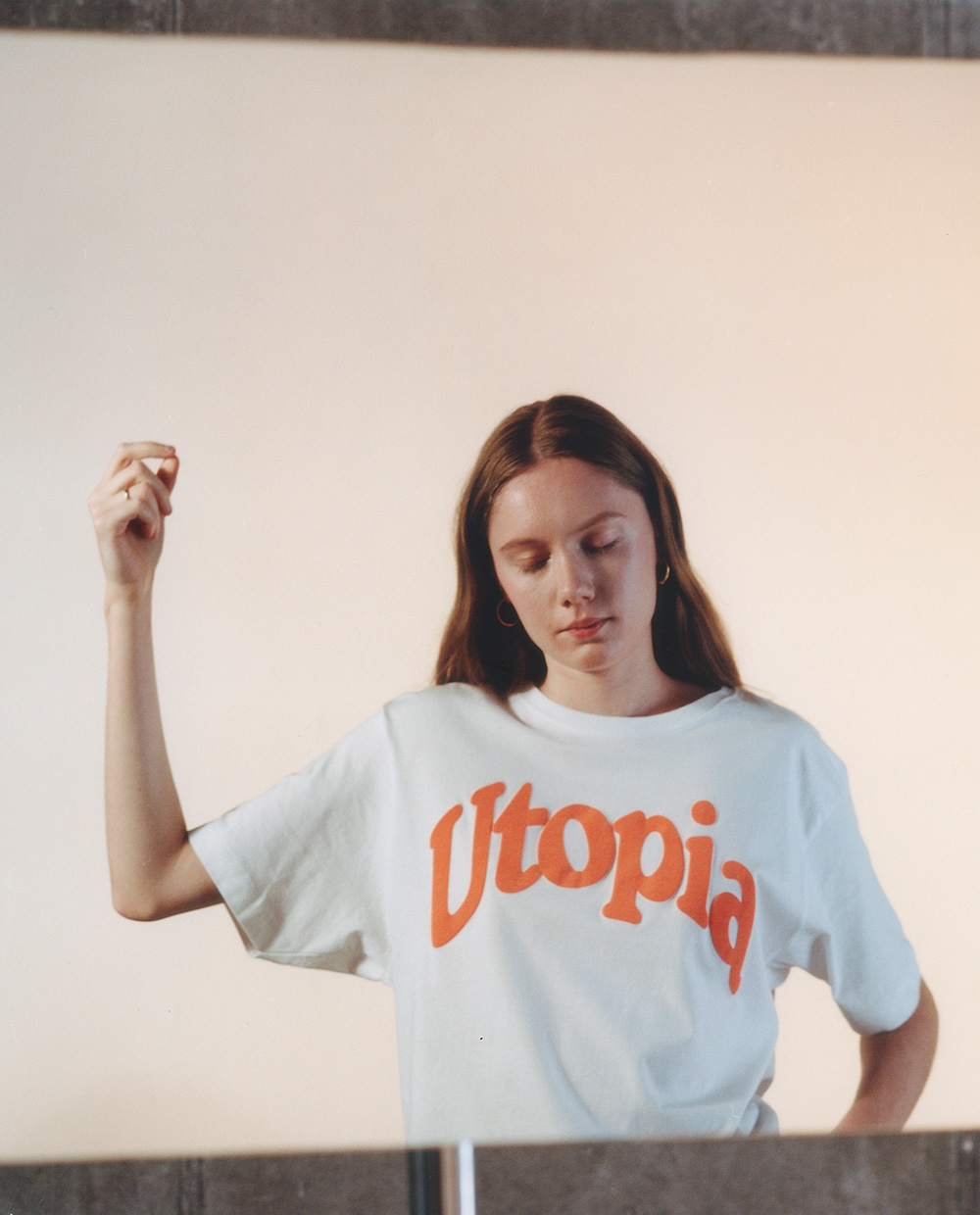Help! Where do I start?
Start by making whatever it is you want to make. If you don’t know what that is, notice what inspires you, the kinds of imagery, styles and colours that resonate with you. Make a mood board! It can be as easy as just creating a folder in your Instagram saved list and adding posts to it that have elements you like.
How did you build the confidence to put yourself out there?
This is a hard one for me to answer because it’s something I’ve never really had to actively do. I have been drawing my whole life and have been sharing my stuff for as long as I remember. From entering art competitions as a kid, to sharing my drawings on Tumblr and deviantart as a teenager, I’ve been putting my work out there for a while now. I do think it’s important to not be too hard on yourself with the work you put out. It will never be perfect so don’t expect it to be. People like seeing your process and your development so let them see that, and try not to be too focussed only showing only super refined work.
People like seeing your process
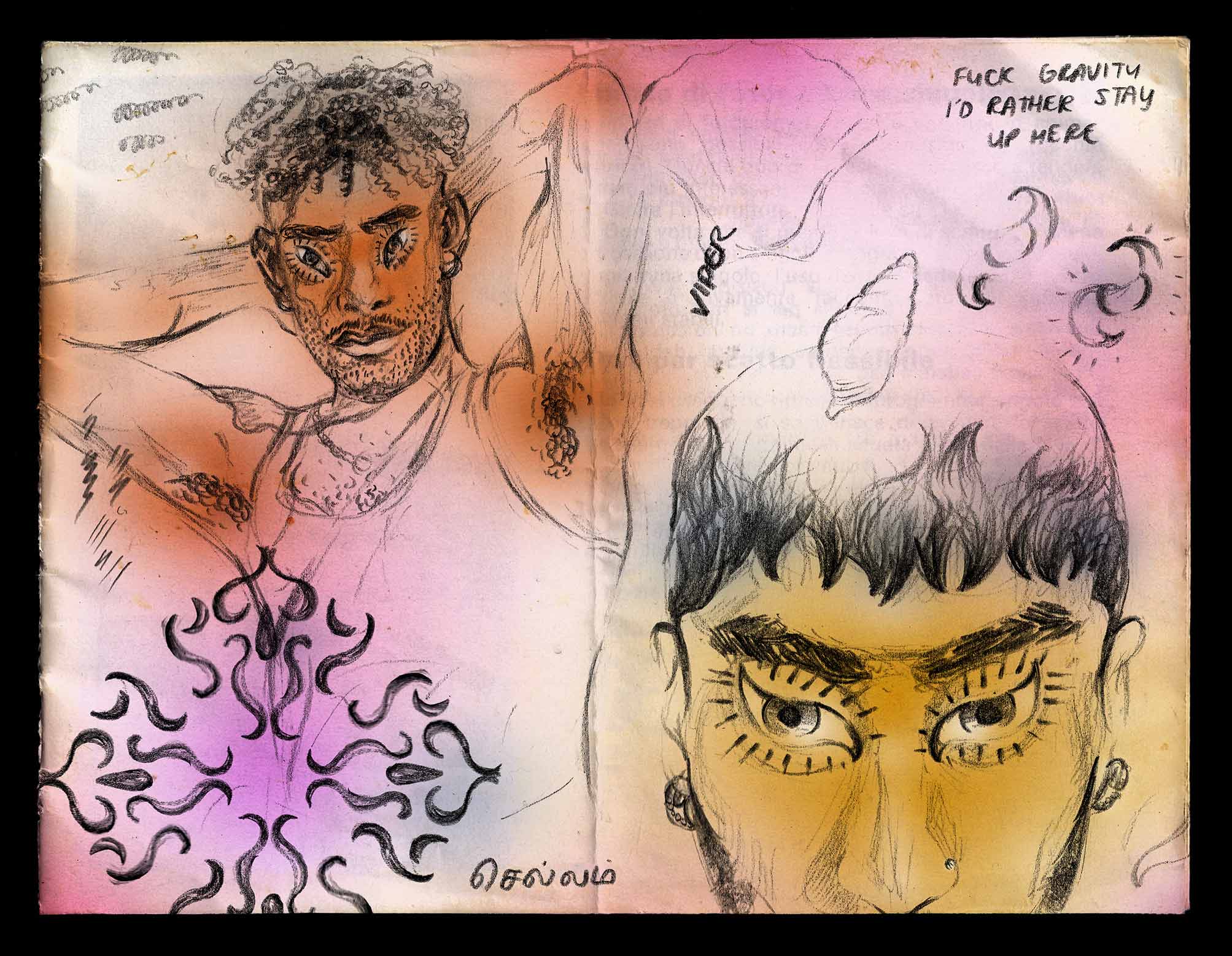
How can someone prove they’re good at what they do if they don’t have formal training?
I personally think formal training in the creative industries isn’t that important. Although I do have a bachelor’s degree in graphic design, I don’t think it necessarily puts me in a better position than someone who doesn’t. It’s really all about the work and your folio! In my experience too, most people don’t care whether you have a degree or not, they just want to see what you make and how passionate you are about it. Studying design at university for me had more social benefits than it did academic. I was able to meet like-minded creatives who I gained a lot more from being around than I did by doing any assignment or project.
How do you determine who your main audience is?
Your work will speak for itself and will draw in the people that need it or whom it resonates with. But also, looking at the themes and styles behind your work will allow you to determine your audience. What parts of your identity and your likes and desires are reflected in your work? Ask yourself, “Who else shares these similarities?” or, “Who would this resonate with?” There’s your audience.
How do you decide which of your work you want to sell versus which is personal?
I’m quite lucky in that a lot of the work I do is digital, so I can sell works that I can also keep for myself. I don’t have to decide.
It’s really all about the work and your folio!
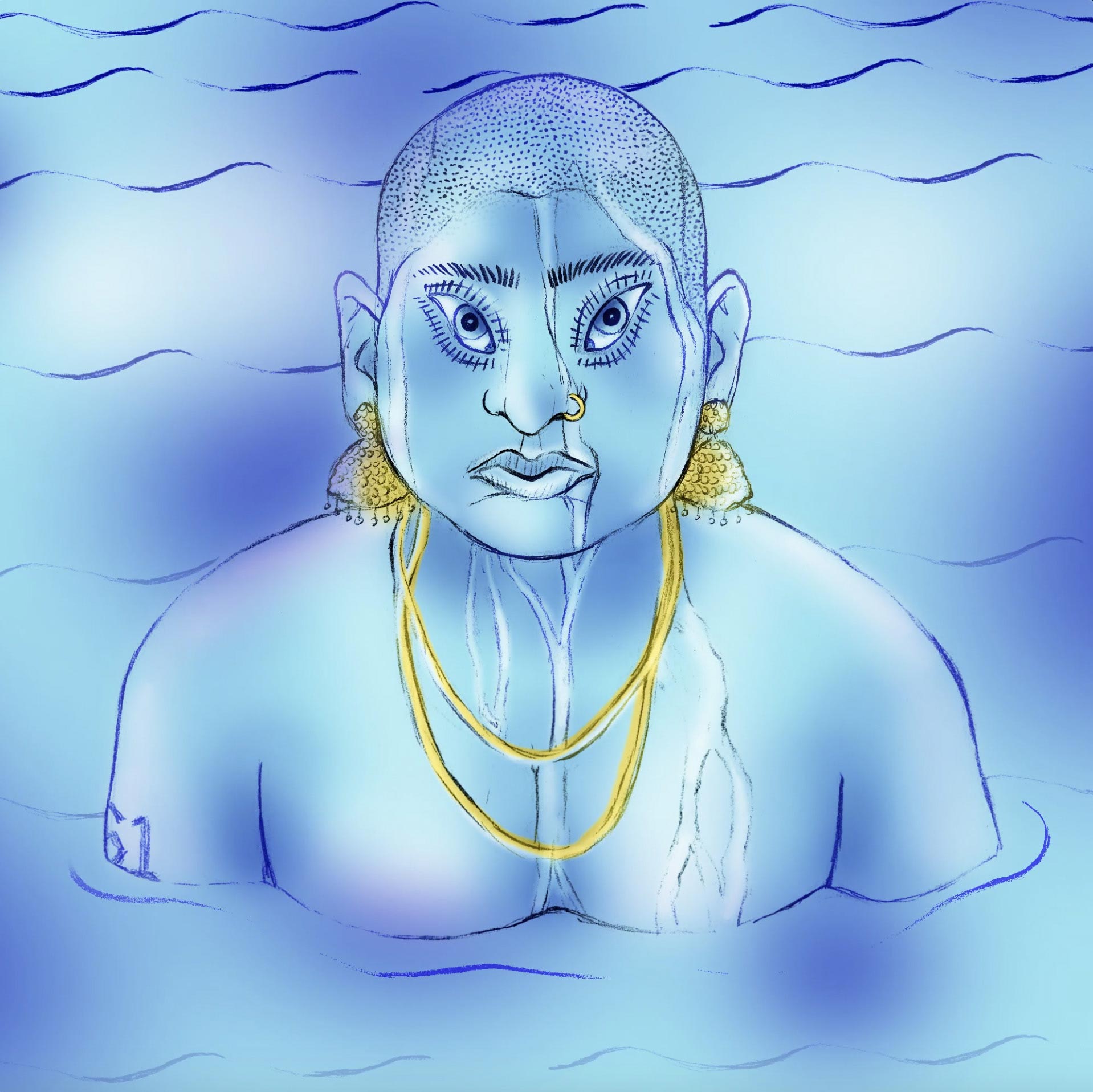
How do you work out how to set rates and what to charge for your work?
It’s all very dependent on the client and the type of work. For me personally, if the work I’m being asked to do aligns with my personal style, or I would include it in my folio and share it on my socials, then I’d charge less. For example, if a friend is after cover art for their mixtape and they are giving me most of the creative control over the work. This is work I enjoy doing and I would be making similar things anyways.
For work that is outside of my style, or that I wouldn’t include in my folio or share on socials (this generally ends up being more commercial work, work for businesses instead of individuals) I charge more!
How do you go about partnering with other brands or creative industry peers?
A lot of it, as many creative professionals will tell you, is really just networking. So much of the art world comes down to who you know and how good you are at marketing your work. A lot of the jobs you get will be based on this, so my only word of advice is really just to put yourself and your work out there. Once you start doing that and start meeting people (both in real life and online), your network will grow and opportunities will start coming your way.
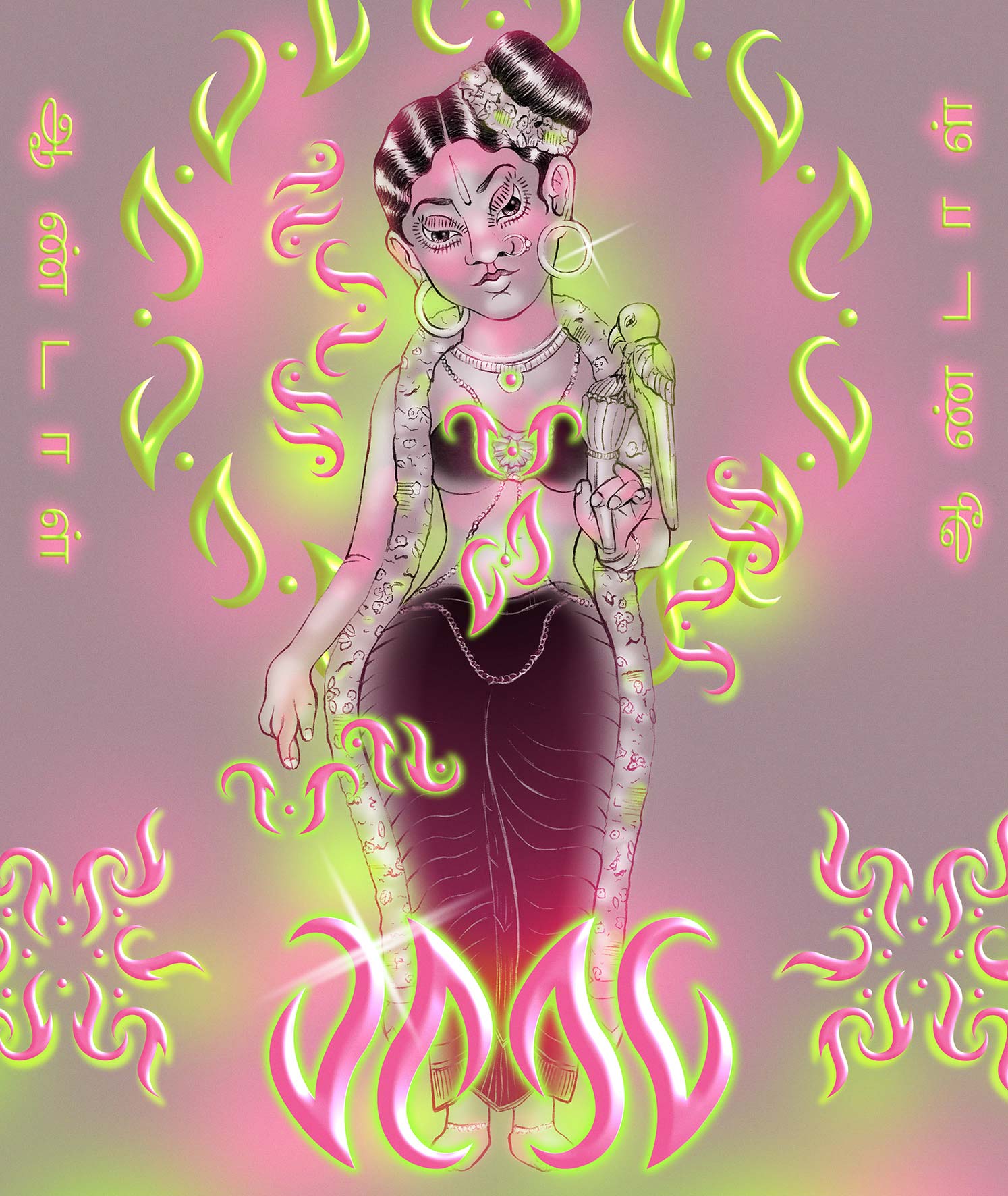
Put yourself and your work out there
Have you ever experienced burnout? How did you overcome it?
Sometimes I have burnt out when I have spent too long on a project that has a deadline, and its progress is going slow. When this happens, I usually like to step away from whatever it is I am working on and work on something else, like doing a drawing or making an artwork that doesn’t have a deadline. Deadlines for me can really suck the fun out of a project, and a good way for me to reset is to work on something more chill for a while.
How do you bounce back from situations that don’t work out? How do you know when to stop vs. when to keep trying?
I think the most important thing is to look at the bigger picture. A lot of the time with these situations that aren’t working out, they are smaller parts of a bigger puzzle. What is the bigger puzzle? Ask yourself how much this particular situation affects the bigger puzzle and whether it’s really worth it or not to keep trying.
It can be very hard to bounce back from situations that aren’t working out, but a good way to do it is to take a break from the situation, put it to one side, and revisit it when you are ready. The time passed will help you get over that ‘block’ as well as giving you the ability to approach it with a new perspective.
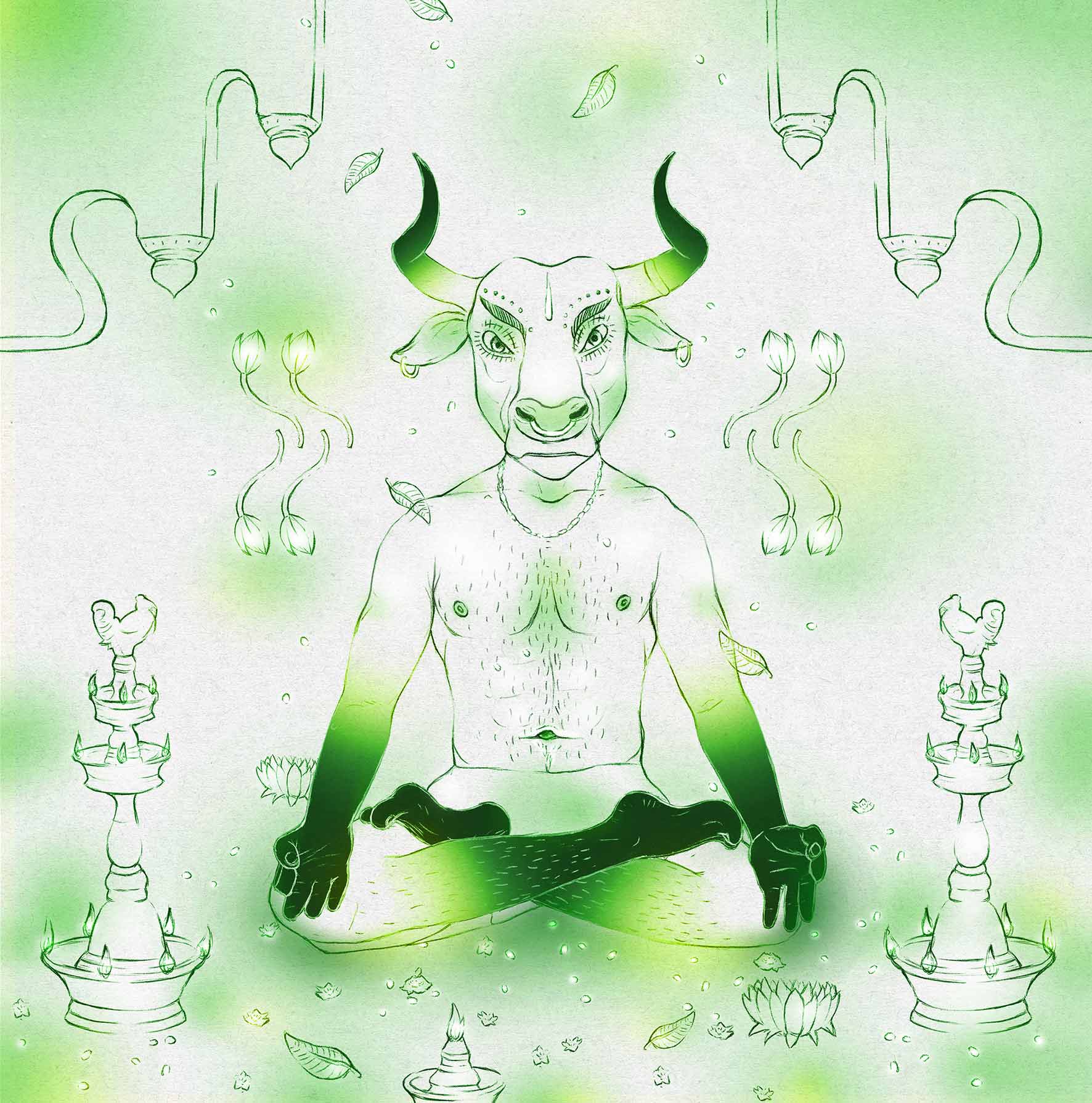
What was the transition like to becoming a freelancer? What tips would you have, if any, for transitioning successfully?
I wouldn’t say I am fully there yet, but it has been something I’ve been working on over the past year since graduating university. Being open to any job that comes your way is important when you are first starting off, even if it is work that is not completely your vibe. At the end of the day it is still creative and you are still using the programs and tools that you would be using for other work, so there are still benefits to doing it. If you want to freelance you have to start by being very open minded.
To freelance you have to start by being very open minded
How do you decide how much self promotion to do on social media? What tips do you have for using social media well?
It really depends on what kind of work you make and what outcome you want from it. But regardless, social media is your most powerful tool! I think for artists like myself, it works more in your favour to use social media for a range of purposes, not just for posting your work. People like to see who is behind the art, the things that drive it, inspire it and where it comes from. That’s especially true if your work is personal.
The most important thing is to not be afraid to share. It’s so easy to get caught up in wanting to make the perfect post or have the prettiest feed, I get caught up in this sometimes too. But it’s good to remind yourself that this isn’t what people want to see. People like seeing mess, process, and things that aren’t super refined, planned out or calculated. People enjoy spontaneity!
Read More: Do You Need Social Media?



